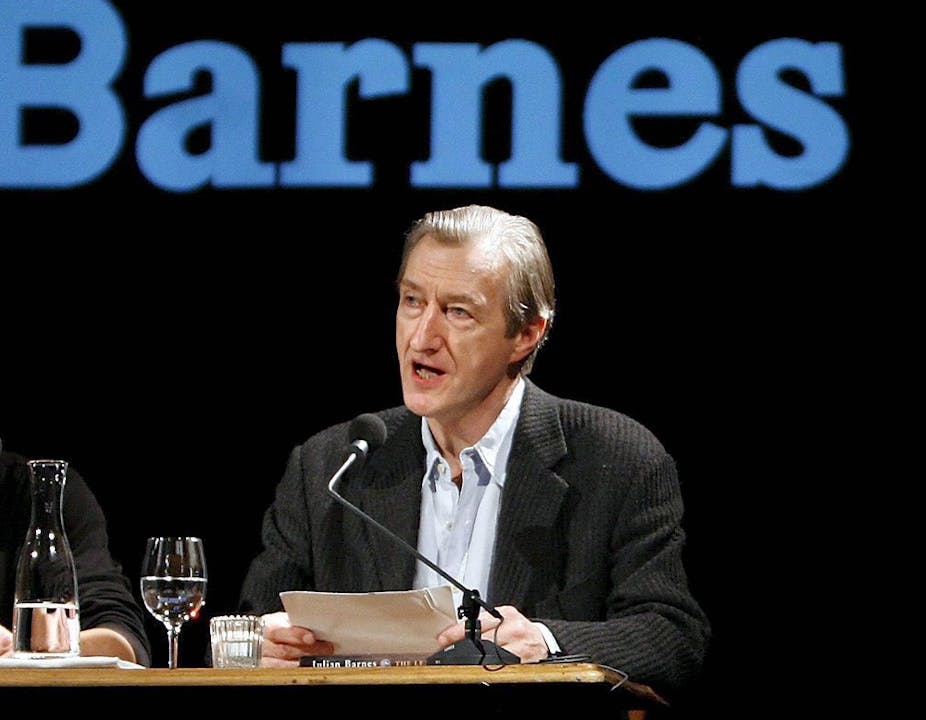Julian Barnes’ 11th novel represents an interesting choice for the judges of this year’s Booker Prize, and it goes without saying that a prize like this is always going to arouse criticism and even controversy.
There’s the sense that Barnes, a fourth-shortlisted contender for the high profile award, was inevitably going to win it one day.
Perhaps the judges felt this was just his year. Or that he was bound to win it so they may as well get him out of the way, as it were.
This is not to denigrate the fine and curious little novel that has attracted much discussion regarding its “readability”.
The Sense of an Ending is a tightly focused short novel or novella — possibly even a long short story — relying heavily on voice and exploiting minimal plot points. Ultimately it requires a very close reading.
Booker Prize judge Stella Rimington initiated the “readability” debate in her comments. Aside from the fact that readability is a contested term, begging numerous questions, the fact is that The Sense of an Ending is both simple and clever in that it almost demands the reader return to the beginning — and I mean the very beginning — in order to understand how all the pieces fit into place.
On the first page the narrator, Tony Webster, states that “what you end up remembering isn’t always the same as what you have witnessed”, words we must keep firmly in mind.
Much is expected, then, of the reader’s willingness to fill in the gaps. Interestingly, much of the narrative relies on what is not said, and these omissions — like the gaps in both the narrator’s memories and his perception — are crucial to the story.
Even so, the intelligent, alert and complicit re-reader might feel that vital aspects of the story are rather too elusive, for instance the character of Veronica, Tony’s first girlfriend, who remains stoutly unconvincing from start to end.
And the reliance on minute glimpses of possibilities offered at the start of the novel, and on things like one document that eludes the narrator’s memory for most of his life, mean readers need a lot of faith to get them through.
But this shared journey is at the heart of what comprises a truly good book, and “readability” is as much about so-called accessibility as it is about this engagement between character and reader.
For all his quiet understatement, Tony is a compelling narrator, whose story unfolds with such a combination of intimacy and diffidence that we are bound to continue reading to discover just what may lie in wait to undermine that.
The Sense of an Ending is not without its flaws. It asks a great number of questions and answers few of them, leaving us with a lingering suspicion the novelist has not quite done his job.
But what is so admirable and compelling is Barnes’ ability to take a seemingly unimaginative, even dull, man and exploit his unreliability so thoroughly.
We are compelled to see his story through and grapple with the immense moral dilemmas he inadvertently created for himself way back when, as a teenager, he was trapped by intellectual rivalries and class issues, and desperate for love, for a life, and to belong.
One sign of this story’s great achievement is that Barnes achieves something similar to Donna Tartt’s powerful The Secret History, but in a postage-stamp sized novel.

